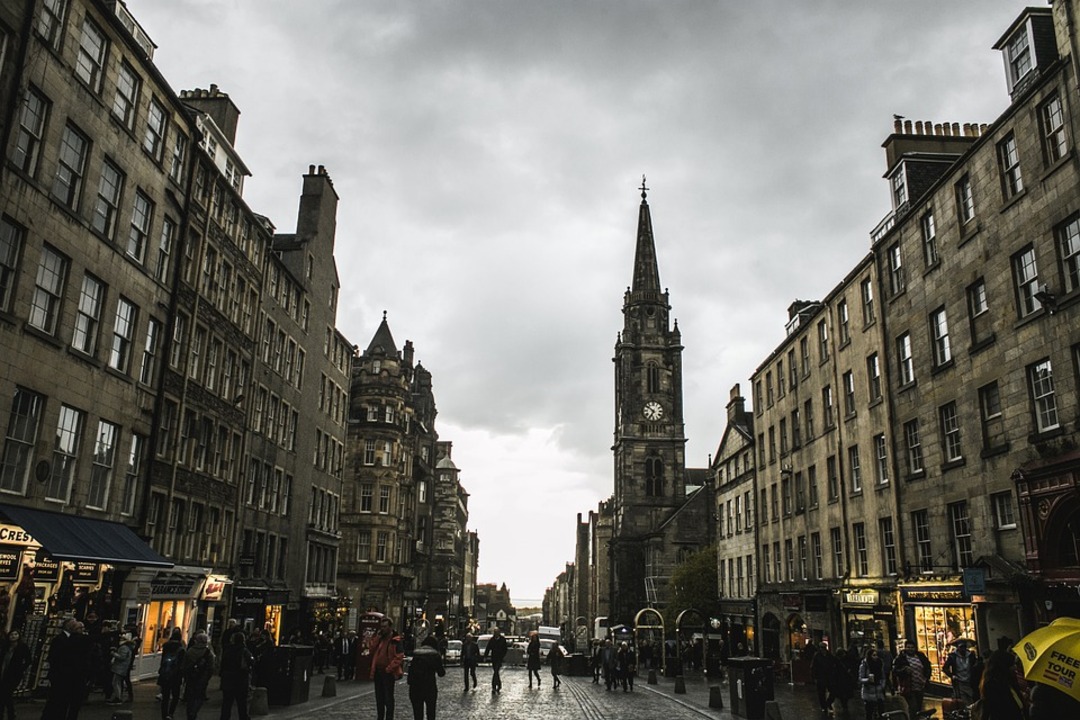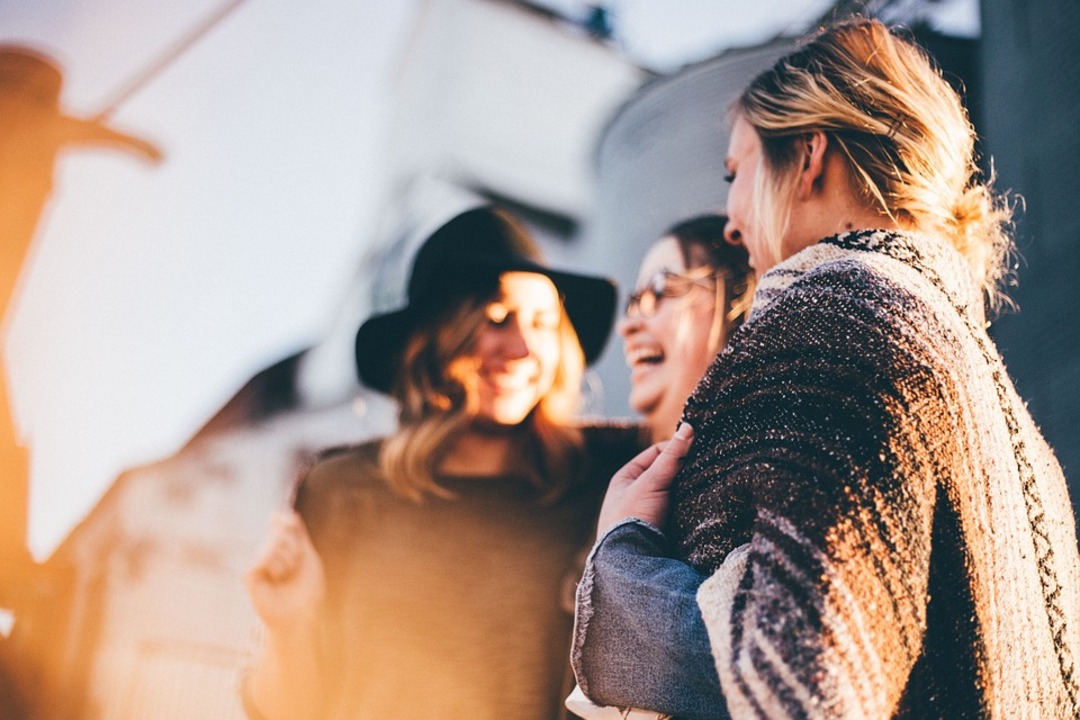-
Scotland becomes first country in the world to provide free feminine sanitary products

Scotland has become the first country in the world to provide free feminine hygiene products, the Andolu Agency reported.
The Period Products Act, which was finalized by the Scottish Parliament on Sunday evening (August 14), will make it a legal obligation for authorities to provide free period products to those who require them, the agency said.
The origins of the legislation began in 2018, when the Scottish Labour party’s health spokeswoman, Monica Lennon, launched a nationwide campaign to provide free sanitary products.
“This will make a massive difference to the lives of women and girls and everyone who menstruates. There has already been great progress at a community level and through local authorities in giving everyone the chance of period dignity,” Lennon said in a statement.
“There has been a massive change in the way that periods are discussed in public life. A few years ago, there had never been an open discussion of menstruation in the Holyrood chamber, and now it is mainstream.

MSPs (members of the Scottish Parliament) have enjoyed being a part of that, and it has encompassed the menopause, endometriosis, as well as the types of products we use and their sustainability,” she added.
The nationwide campaign was launched after a few local councils in the northern country had been providing their female residents with free period products.
Bangladesh has more women than men as population grows to 165 million
The move by Lennon, however, received popular backing, and in 2020, the Scottish Parliament approved the motion to make such a provision a law with MSPs unanimously voting in support for it.
The law will have a significant effect on reducing “period poverty,” the inability to afford sanitary products, and help many women across the country who experienced period poverty during the coronavirus pandemic in 2020 and 2021.
According to Women for Independence, a grassroots campaign group, approximately one in five women had experienced period poverty which had detrimental effects on their hygiene, health and well-being.
Source: aa
You May Also Like
Popular Posts
Caricature
BENEFIT Sponsors BuildHer...
- April 23, 2025
BENEFIT, the Kingdom’s innovator and leading company in Fintech and electronic financial transactions service, has sponsored the BuildHer CityHack 2025 Hackathon, a two-day event spearheaded by the College of Engineering and Technology at the Royal University for Women (RUW).
Aimed at secondary school students, the event brought together a distinguished group of academic professionals and technology experts to mentor and inspire young participants.
More than 100 high school students from across the Kingdom of Bahrain took part in the hackathon, which featured an intensive programme of training workshops and hands-on sessions. These activities were tailored to enhance participants’ critical thinking, collaborative problem-solving, and team-building capabilities, while also encouraging the development of practical and sustainable solutions to contemporary challenges using modern technological tools.
BENEFIT’s Chief Executive Mr. Abdulwahed AlJanahi, commented: “Our support for this educational hackathon reflects our long-term strategic vision to nurture the talents of emerging national youth and empower the next generation of accomplished female leaders in technology. By fostering creativity and innovation, we aim to contribute meaningfully to Bahrain’s comprehensive development goals and align with the aspirations outlined in the Kingdom’s Vision 2030—an ambition in which BENEFIT plays a central role.”
Professor Riyadh Yousif Hamzah, President of the Royal University for Women, commented: “This initiative reflects our commitment to advancing women in STEM fields. We're cultivating a generation of creative, solution-driven female leaders who will drive national development. Our partnership with BENEFIT exemplifies the powerful synergy between academia and private sector in supporting educational innovation.”
Hanan Abdulla Hasan, Senior Manager, PR & Communication at BENEFIT, said: “We are honoured to collaborate with RUW in supporting this remarkable technology-focused event. It highlights our commitment to social responsibility, and our ongoing efforts to enhance the digital and innovation capabilities of young Bahraini women and foster their ability to harness technological tools in the service of a smarter, more sustainable future.”
For his part, Dr. Humam ElAgha, Acting Dean of the College of Engineering and Technology at the University, said: “BuildHer CityHack 2025 embodies our hands-on approach to education. By tackling real-world problems through creative thinking and sustainable solutions, we're preparing women to thrive in the knowledge economy – a cornerstone of the University's vision.”
opinion
Report
ads
Newsletter
Subscribe to our mailing list to get the new updates!






















